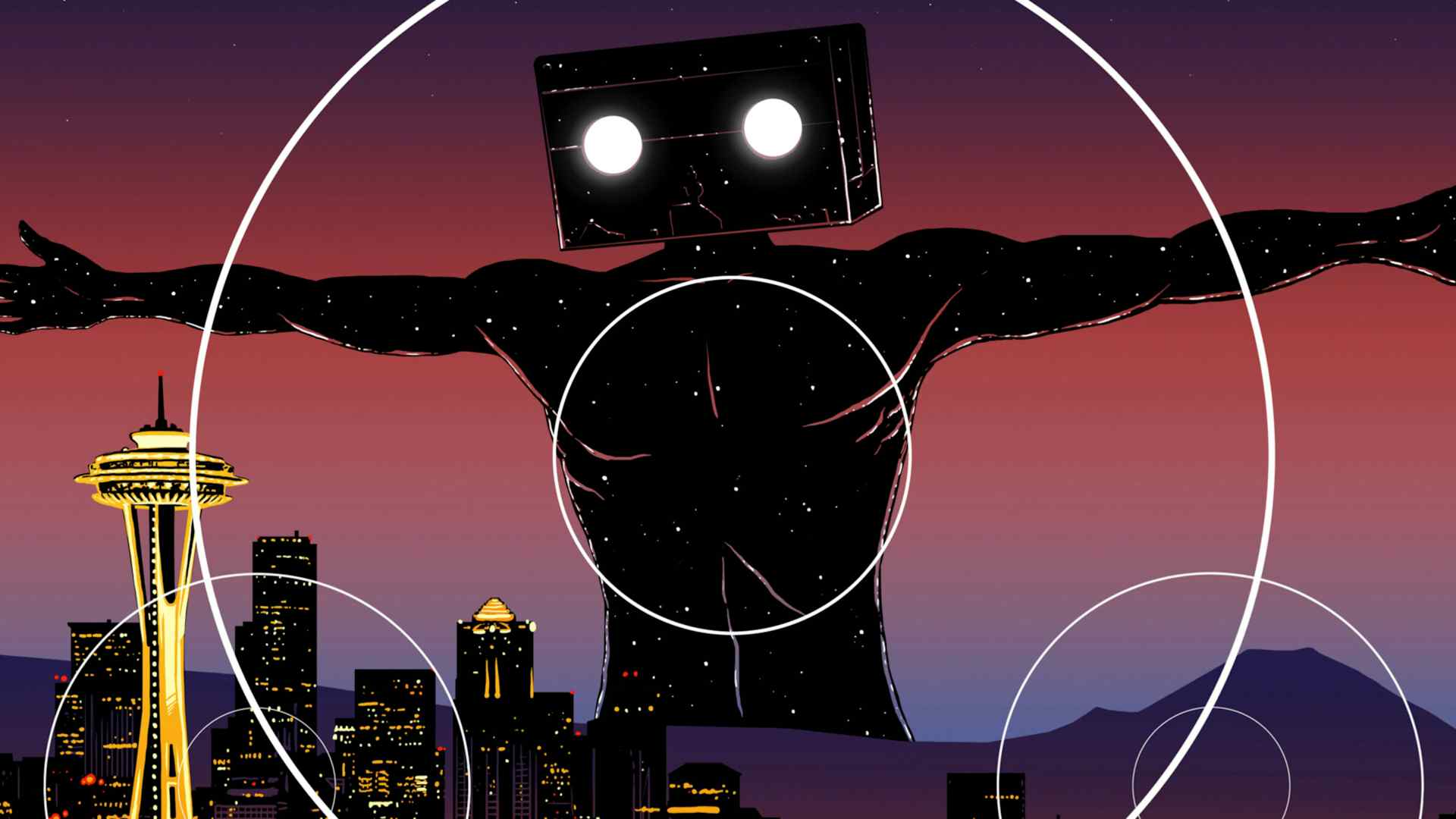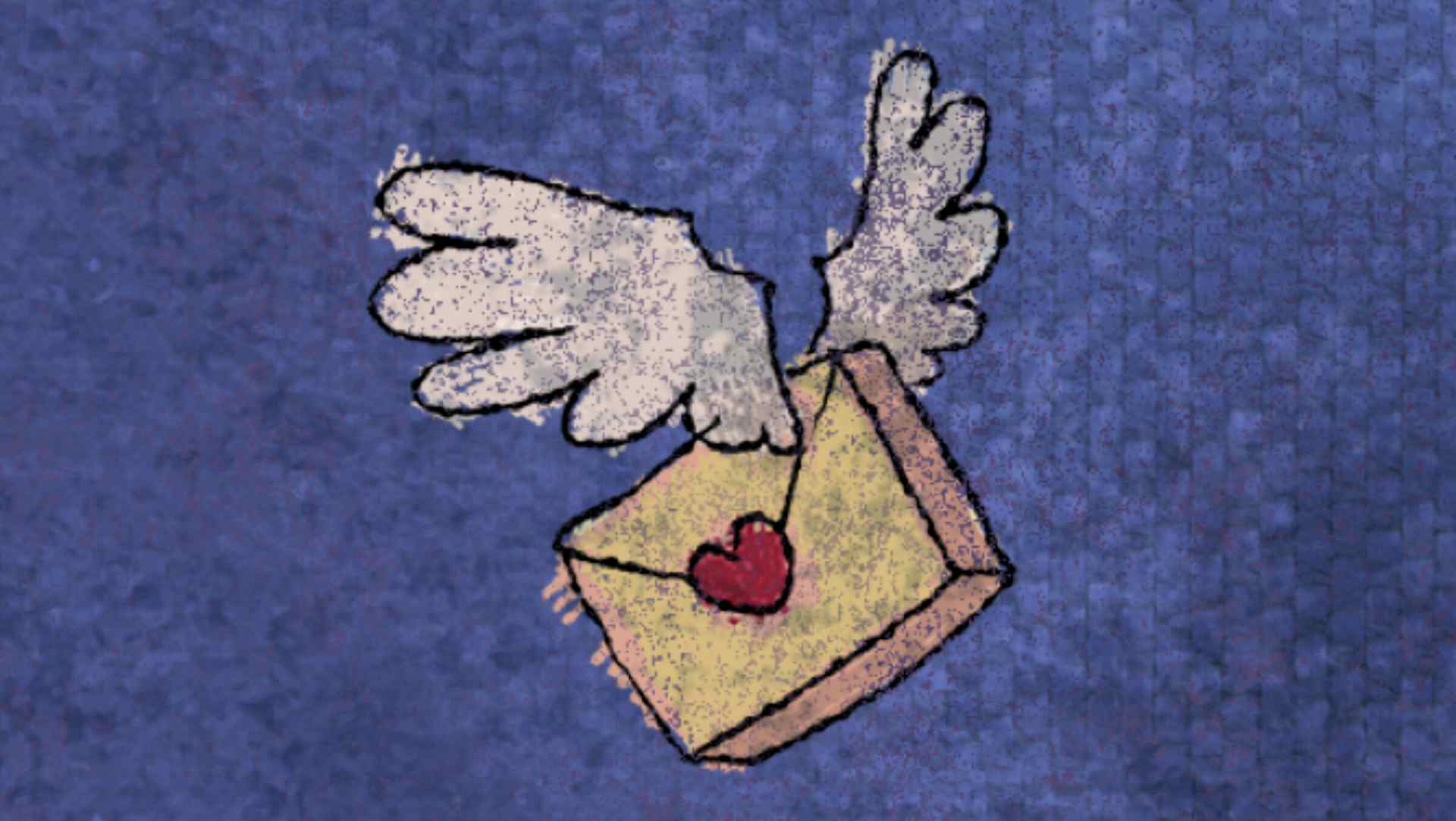Robert Horton is a Scarecrow board member and a longtime film critic. This series of "critic's notes" is chance to highlight worthy films playing locally and connect them to the riches of Scarecrow's collection.

As befits the intricate miniature-train set that is the world of Wes Anderson, painstaking—even excruciating—detail is the modus operandi of this director's movies. Experienced second by second, they offer a nonstop barrage of the train enthusiast's fave things: beautifully rendered tiny trees, benches, toy lakes and mountains. The little people are superbly painted in colorful costumes, and their painted emotions are recognizable as ambition, grief, resentment, and puppy love. This train set has wonderful dialogue, too, gloriously funny in short bursts, and all sprinkled with the ineffable Anderson tone that we might as well call L'air du panache.
That might sound like a put-down, but I don't mean it to be. Who else can do these things in movies now? And at that granular level, even the Anderson films I like least (let's say, for the moment, Isle of Dogs and The French Dispatch) are savorable for their teeny-tiny inventiveness.
The Phoenician Scheme can be enjoyed in that moment-to-moment way: the quirky characters, delicious one-liners, and certainly Anderson's Jack Benny-level sense of timing (there are pauses here that detonate like bombs). There's even an actual miniature train set, offered as a kind of advertising pitch for a big project from the film's central figure, Zsa-Zsa Korda (Benicio Del Toro), a ruthless businessman with a penchant for surviving deadly plane crashes. So, yes, Anderson has all that down pat. The only real issues come when you step back a little from Anderson's gimcrackery and try to engage with a movie that lasts 105 minutes.
The Phoenician Scheme has a story, which I do not understand. I take it that the plot is so absurd that we are not supposed to understand it except as an excuse for getting from one thing to the next, because the point of the film has nothing to do with Korda's renegotiating contracts with a series of business associates, and everything to do with his reconciliation with his daughter Liesl (Mia Threapleton). She begins the film as a novitiate at a nunnery; Korda visits in order to make her his sole heir, a contract that needs to be finished before he endures another plane crash. (Black-and-white sequences provide glimpses of the afterlife when Korda briefly visits, where the heavenly figures are played by the likes of Willem Dafoe, F. Murray Abraham, and Bill Murray, the latter cameoing as God.) Father and daughter travel together as he does his deal-making.
Anderson can get away with this vague premise for at least an hour, probably more, because the movie is so fun to look at and listen to. Del Toro holds down the middle—there's something especially charming about a large, tough-looking man delivering lines with great delicacy and understatement. Threapleton, the daughter of Kate Winslet, is perfectly tuned to Anderson's deadpan manner. Michael Cera takes his overdue place in Andersonland, as a Norwegian tutor (I think?); he gets a lot out of the fey accent, although his quiet style actually needs the camera closer than Anderson usually likes. Less enthralling is the parade of celebrity bits, which includes Tom Hanks, Bryan Cranston, Scarlet Johansson, Jeffrey Wright, and Benedict Cumberbatch.
And it goes on, and it's funny, and then you realize that it's wrapping up and that's going to be all, and Anderson comes up with a tender final sequence that would be an absolute knockout if the preceding film built more toward this moment. But maybe it does, and the ramp to get there is so cluttered with winsome bric-a-brac that you don't notice it. As always, Wes Anderson operates on his own terms.
June 6, 2025


